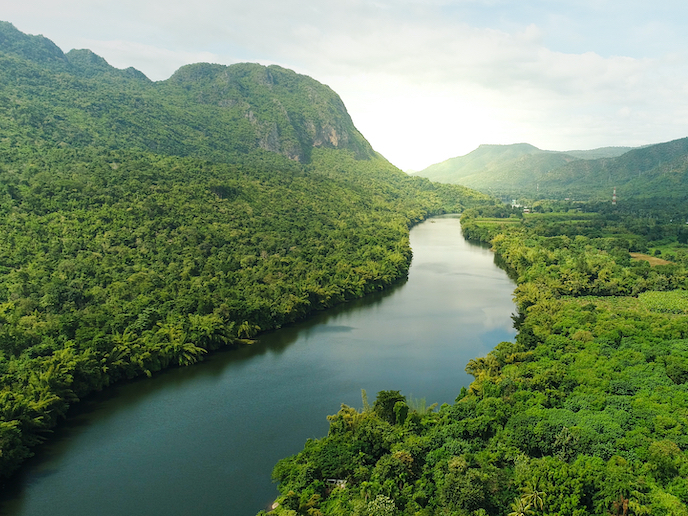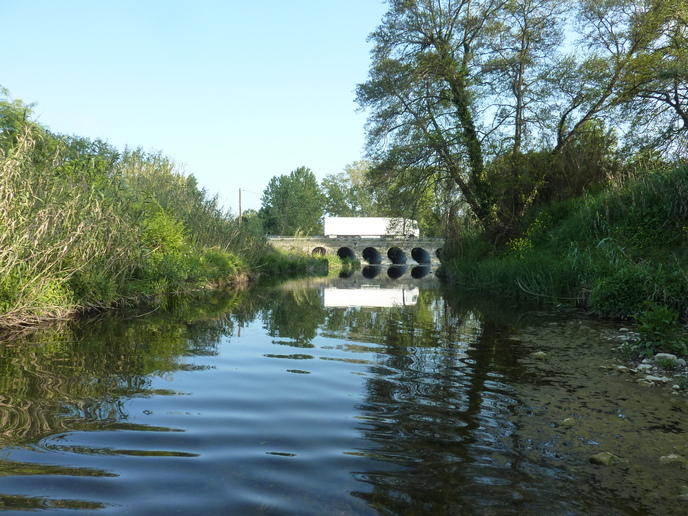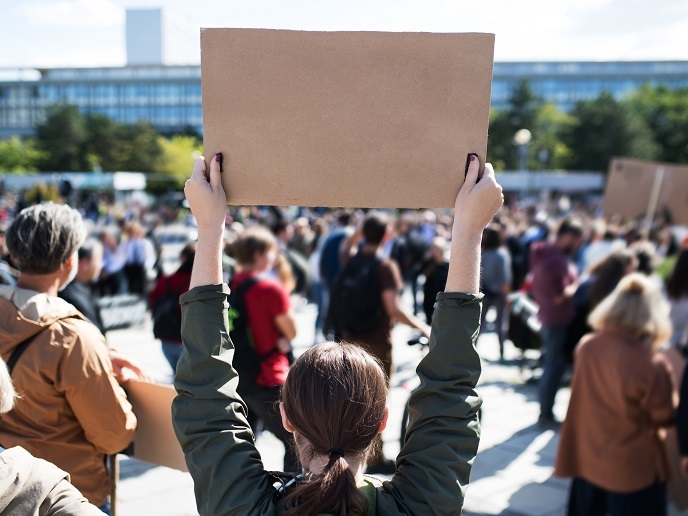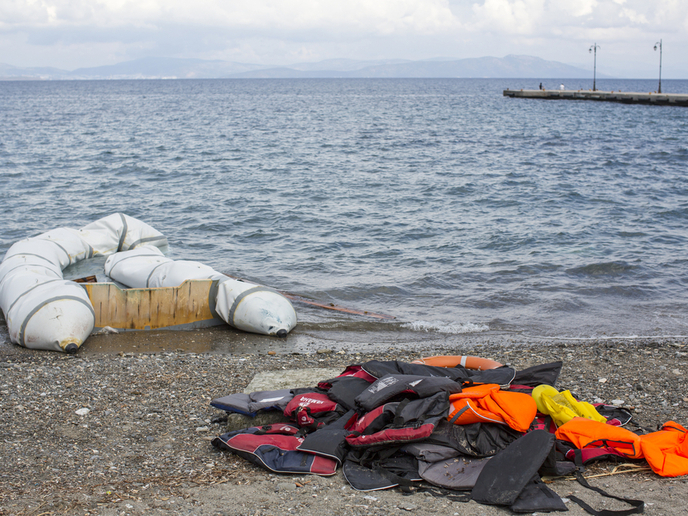Indigenous voices vital to tackling tropical deforestation
Demand to create space for intensive crops and pasture is the number one factor driving tropical deforestation today. At the regional level, this process can severely disadvantage peasants and indigenous communities. These groups are often not involved in decision making and can miss out on any economic gains. At the global level, unchecked deforestation releases significant amounts of carbon into the atmosphere. The agriculture, forestry and land use sector is responsible for about 23 % of all global greenhouse gas emissions, according to the Intergovernmental Panel on Climate Change(opens in new window). This is an issue in which we all have a stake in. “There are a number of deep socio-economic, demographic and institutional factors that are driving tropical deforestation,” notes INCLUDE(opens in new window) project coordinator Graziano Ceddia, an assistant professor from the University of Bern(opens in new window) in Switzerland. “My goal in this project was to try to go beyond purely economic explanations of this phenomenon. I wanted to address issues of governance, power and injustice, and to involve the perspective of marginalised groups like indigenous peoples.”
Giving people a voice
To do this, Ceddia focused on agricultural expansion and deforestation in the Chaco Salteño(opens in new window) region of Argentina. “This is one of the most active agricultural frontiers in the world,” he explains. “Besides being a hotspot for deforestation, the region is also characterised by extreme ethnic and cultural diversity, with actors ranging from large-scale intensive agricultural entrepreneurs to peasants to indigenous peoples. All these actors have contrasting views.” At the heart of the INCLUDE project are the views of local people who live and work in the region, as well those of economists, political scientists, geographers and anthropologists. “What we found was that indigenous peoples and peasants have a completely different perception of deforestation,” says Ceddia. “Specifically, they highlight much more prominently issues of power and identity.” Ceddia and his team also found that proposed solutions from these groups were often more in line with broad definitions of sustainability, and also more environmentally just. Local peasants’ organisations for example have helped to speed transitions towards modes of production that are less damaging to remaining forests. Large-scale farmers and government actors meanwhile tend to view things in more economic terms. “In other words, their view is where there are forests there is poverty,” adds Ceddia. “So, let’s just get rid of the forests.” The project also examined other facets of deforestation, such as how differing views within institutional structures – in this case Argentina – can weaken the implementation of protection rules. Critically, global demand for investment opportunities was found to be a key factor in driving agricultural expansion in the tropics.
Promoting needed change
The INCLUDE project is due for completion at the end of 2021. “At the very minimum, we hope that our work will increase the visibility among scientists and policymakers at the global level of the impact that deforestation is having on marginalised groups,” says Ceddia. “Argentina’s Chaco region is only beginning to appear on the agenda of the international community, unlike, say, the Amazon. This is despite the fact that the Chaco is the second largest forest biome(opens in new window) on the American continent.” On a more practical level, Ceddia hopes that the findings will be useful to local communities, helping to inform more robust policymaking and research in the region. “Our aim was to throw some light on marginalised groups in the region,” he adds. “This is all about empowering people and promoting the needed change.”







